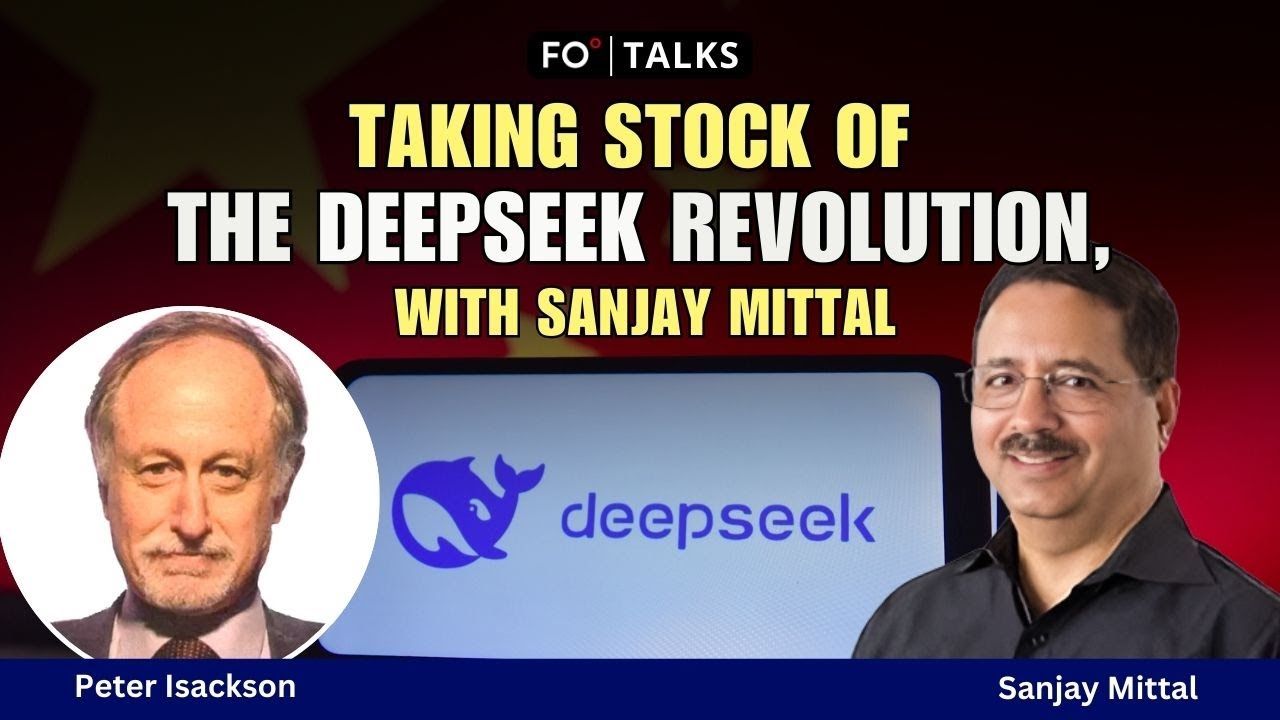British Prime Minister Rishi Sunak has announced that the UK’s next general election will take place on July 4, 2024. This election is likely to spell the end for the ruling Conservative Party (commonly known as the Tories), which has governed Britain since 2010 under five prime ministers.
The UK’s political playing field has been in a state of increasing disarray since the Brexit referendum in 2016. Conservative Prime Minister David Cameron called this referendum, expecting the Remain campaign to lose. He resigned after voters returned the opposite result. The Conservatives subsequently saw first Theresa May take up the banner, then Boris Johnson, then Liz Truss (who lasted just seven weeks!) and finally Sunak.
From these Tories to Labour Party leader Keir Starmer, the UK has seen quite an assortment of different flavors of spin politicians. The UK has traditionally produced politicians of high caliber from the legendary Winston Churchill to more recent greats like Margaret Thatcher. The latter-day talent pool seems much shallower. So, where is the UK headed this July?
Close up of the candidates: All around depressing
Keeping with trends of the last century, the upcoming election will be a face-off between the Labour Party and the Conservatives. Voters will have two wildly uninspiring candidates to choose between.
While Starmer may indeed appeal to a wider audience through his careful, measured approach to politics, his lack of conviction points to an altogether noncommittal, wishy-washy attitude. Standing in the shadow of Tony Blair, the Labour leader seems content leaving his party and the general public in varying states of confusion and uncertainty as to what he actually hopes to achieve in office and how he plans to go about it. While ambiguity is damaging enough, Starmer makes his own case worse by being, to put it plainly, dull.
Sunak has a similar Achilles heel. His lack of conviction has lost him favor both within his own party and with the general public in recent months. While Sunak may be an overachiever historically, serving as head boy at Winchester College and quickly climbing the political ladder to the position of prime minister, it seems he had what it took to get into office — but not much more. Sunak’s performance hasn’t been an unmitigated disaster: He has met his inflation target, kept the economy (relatively) stable and made small steps toward reducing illegal immigration. However, he has failed to meet the majority of the promises he made to voters and unfortunately lacks the personality to carry him through the headwinds.
“King of Brexit” Boris Johnson, on the other hand, excelled in the personality department — if only due to the fact that he at least had one. While Johnson may not have been the most principled or pragmatic prime minister behind the scenes, he certainly knew how to make a statement, galvanize the troops and throw a good party. In politics, that counts for something.
Shortages in the charisma department could be damaging for both Sunak and Starmer when the votes come in this July, and unfortunately for the both of them, reputation isn’t the only thing these candidates should be worried about as they race toward the finish line.
The shifting status quo
Sunak and Starmer are weak characters who will rely on policy agendas, not personality, to carry their campaigns. The public, though, seems to have grown tired of listening.
Social cohesion in the UK is at a low ebb. The fabric of British society is fraying at the seams as the nation experiences economic difficulties, polarizing social classes and the immigrant/native divide.
A strong leader with clear principles could perhaps rise above this division and draw Brits together. But now is a time of stagnation and uncertainty, not strong leaders. Without a passionate candidate to rally behind, the UK will continue down the slippery slope of dysfunction. Transactional, coalition-type politics may be down the road for Westminster.
Once the ruler of a good portion of the world, this island nation now seems dead in the water. If the UK hopes to regain a position of importance in the global order, it must find a way to overcome its political malaise. Only then will Britain finally make it off the bench and back into the game.
[Emma Johnson wrote the first draft of this piece.]
The views expressed in this article/video are the author’s own and do not necessarily reflect Fair Observer’s editorial policy.








































Comment